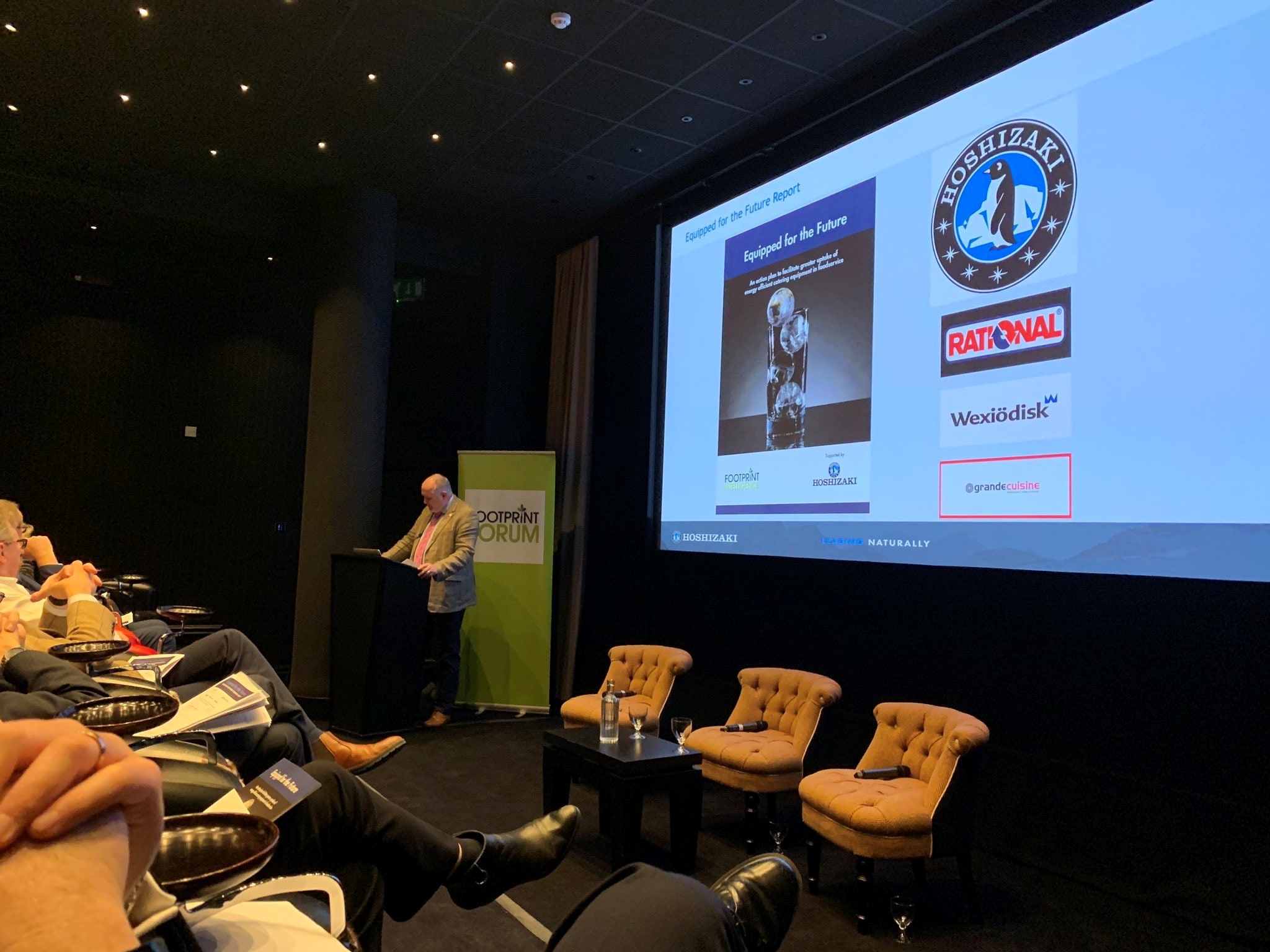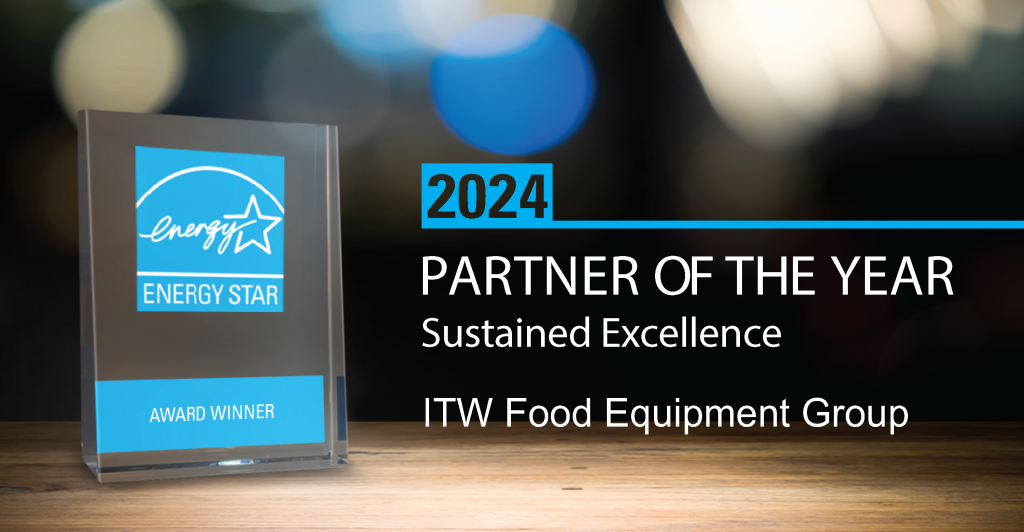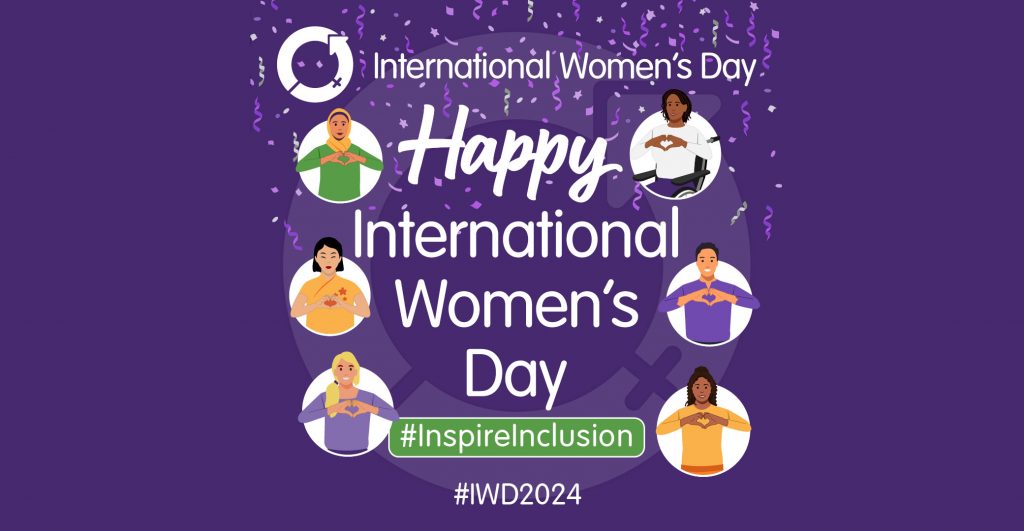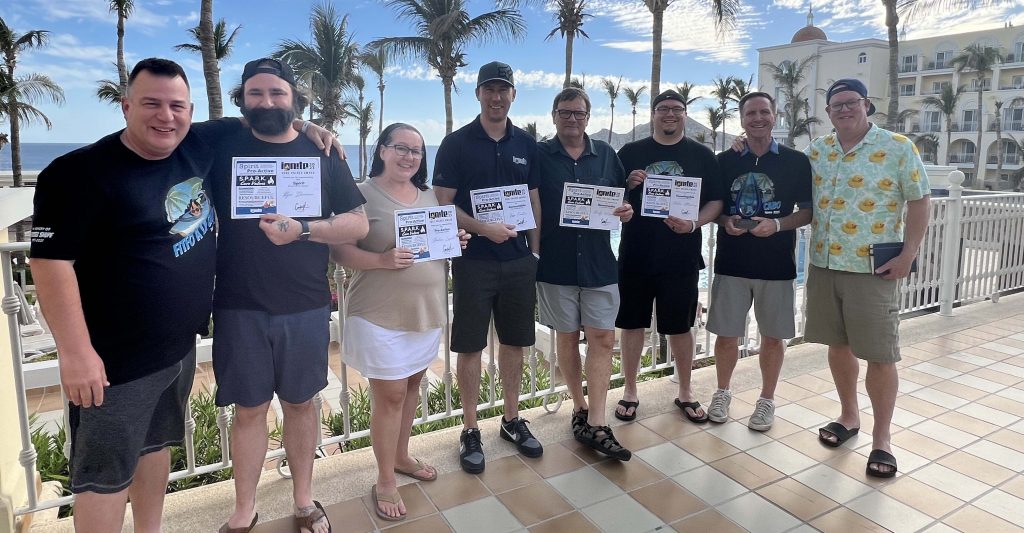
Gathered at London’s Soho Hotel, a group of foodservice professionals laid out a roadmap for more sustainable future in catering equipment. Hoshizaki UK collaborated with Footprint Intelligence to facilitate the steering group and were joined at the event by leading manufacturers Grande Cuisine, Rational and Wexiödisk.
Prompted by Footprint’s report Equipped for the Future, the discussion centred on how companies and consultancies can move their businesses toward meeting environmental goals.
The big picture
Last summer, the UK reeled in unprecedentedly hot weather. Simon Frost, managing director of Hoshizaki, made a clear link between that heat and the wider changes in the climate that we will experience in increasing intensity.
“The foodservice industry is a large contributor. There’s no longer an excuse for inaction,” said Frost.
Citing the factors that make up the largest contributions to greenhouse gas, Frost pointed out that between agriculture, energy, industry and transport, the foodservice industry has a lot of room for improvement on the energy efficiency front.
There is also a clear business incentive for better efficiency in foodservice. A commercial kitchen uses ten times the energy of other commercial buildings, Frost said, and in any given hotel kitchen £0.45 of the cost of a meal served goes on energy bills. As Frost said: “There’s no excuse for inaction.”
The challenges to overcome
The first of two panels followed Frost’s speech and conversation turned to the challenge of getting clients to invest for long-term gains. High capital cost was one of the major difficulties they raised: despite the strong long-term return on investment of more efficient equipment, it’s often hard to convince a new operator to invest.
Amy Fetzer, the author of Equipped for the Future, chaired the panel. Asking how best to get through to the budget-holder and convince them toward sustainable investment, the panel agreed that communication was vital. “Manufacturers have some responsibility to promote sustainable issues,” said Frost. Hoshizaki UK has also trained dealers, in some cases, to promote sustainable equipment.
 The second panel also shed light on some of the issues at the heart of improving the uptake sustainable equipment. Kate Gould of KEG Consultancy pointed out the difficulty that some caterers have in knowing what equipment they have – particularly contract caterers.
The second panel also shed light on some of the issues at the heart of improving the uptake sustainable equipment. Kate Gould of KEG Consultancy pointed out the difficulty that some caterers have in knowing what equipment they have – particularly contract caterers.
In some cases, Gould argued, it’s best to “promote energy efficient equipment so that whenever clients need to replace, they do so with an energy efficient version”.
Mike Hanson, of contract caterer BaxterStorey, agreed. Urgent need, especially during a last-minute refurbishment, often takes precedence over a sustainable option; especially, Hanson said, when the latter is the more expensive choice.
Problem-solving
There are solutions, though. “We need to look at the whole kitchen solution,” argued Gould – particularly on the issue of cost. A full gas hob, she said, is a cheaper choice but would require an expensive ventilation system. “It’s about communicating that balance to the client,” she said.
Broader industry changes were also mooted, including having an equipment audit built into a tender specification for contract caterers.
It was also agreed that beginning this kind of move in the public sector would have the knock-on effect of improving the private sector, too, if low public sector budgets could be overcome.
Revolution on the way
Keith Warren, director of CESA, gave an engaging talk that focused on the future of energy and how it is being viewed by organisations across the world. He discussed hydrogen as a fuel gas – one day, “the primary energy resource in the UK” – and looked ahead to the possibility of a battery revolution, when electricity could be stored.
Not only that, but the future of technology in commercial kitchens is vital. Warren highlighted the Internet of Things (IoT), or the communication between equipment and a management system. “Connectivity has one of the most fundamental parts to play,” in the increasing value of sustainable equipment, he argued.
“We have a growing, dynamic, fragmented market,” Warren said. “But we have common objectives – and we have an opportunity to future-proof our industry, while being open to change.”
Further details
The report, Equipped for the Future, is available to download for free, here.
Frances Ball




